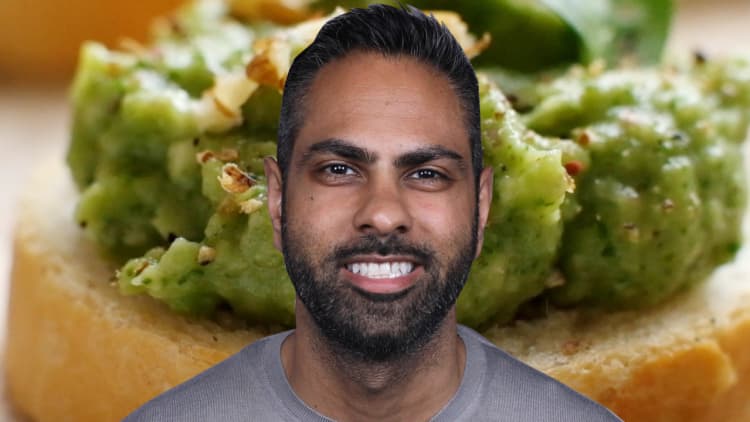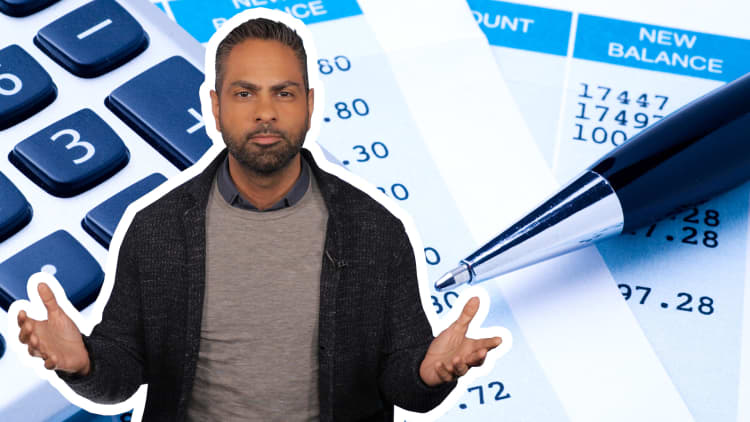Lots of people hate overdraft charges. Almost 40 percent of Americans say they find it more annoying to pay a $20 bank fee than to wait in line at the DMV, according to a recent Nerdwallet survey.
Good news: Ramit Sethi, bestselling author of "I Will Teach You to be Rich," says you don't need to get stuck paying them. "These are essentially ways for banks to get fat off of your money, and I hate it," he says. "What I want you to know is how to get these fees refunded."
You usually get hit with an overdraft fee when you use your debit card and don't have enough money in your checking account. Your bank will cover you temporarily, but it charges you a penalty of usually between $30 and $35 each time.
That can really add up. Collectively, Americans paid $34.3 billion in overdraft fees last year, according to a report from Moebs Services.
If you've gotten hit with a fee, Sethi recommends calling up the bank and following a script like this:
Customer: I just saw this bank charge for overdrafting and I'd like to have it refunded.
Bank: I'm sorry, that's not an option that's available to us.
Customer: Well, I've been a good customer since 2009 [or whenever you started banking there] and I would hate to have to leave because of one overdraft. What can you do to help me?
If you're polite but firm, and you remind the bank that you're a loyal customer, you'll find that this usually works, says Sethi: "90 percent of the time they're going to say, 'Wow, my computer just magically allowed me to waive that fee as a courtesy!'"
Keep in mind that banks are much more willing to waive a fee if it's the first time you ask, he says. If you regularly overdraft, it can become more difficult to get the fee waived.
How to keep from getting fees in the first place
Overdraft protection on your debit card is actually optional. If you're getting hit with overdraft fees, check to see if you're enrolled in your bank's overdraft protection and, if it makes sense for you, opt out. Charges made with your debit card when your account balance is $0 will then be declined, and you will not have to pay a fee.
You can only opt out of overdrafts on one-time transactions made with your debit card. So if you use checks, or if you have recurring payments set up and you go over your current checking balance, you may still be charged a fee.

You can also eliminate overdraft charges by tracking your checking account balance regularly and keeping it from dipping too low. Sethi recommends making this easier by automating: creating a schedule by which money is automatically transferred from one account to another. That way you don't have to remember to move money around yourself.
You may still need to double check you have money in your account before you make purchases but, if you automate deposits and withdrawals, you'll generally know when money is available.
"It's worth your time over a weekend to get it set up right," Sethi says.
Don't Miss: Self-made millionaire Ramit Sethi uses these 3 credit card hacks to save time and money
Like this story? Subscribe to CNBC Make It on YouTube!




